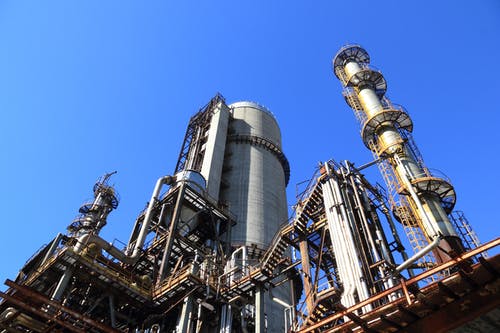Anyone who decides to work in the oil industry needs to realize that their life will become different from the average professional. The oil industry operates non-stop, and this is thanks to the oil workers who spend several hours on end trying to work round the clock.
Most times, they have a long hour shift, where they only take breaks for food and rest. On some occasions, they are compensated with a short holiday, and they are mostly well-paid because the oil industry is highly profitable, especially for countries that have oil in abundance.

Due to the tight schedule that oil workers have, they barely have time for rest and self-care. This is one of the reasons why some of them engage in unhealthy habits that can make them addicted.
Below are some of the signs that an oil worker is struggling with addiction
Isolation and secrecy
One of the ways to know that oil worker is addicted is when they prefer to stay on their own instead of being around people, especially their colleagues.
It is important to note that addiction thrives in secrecy, this is why addicted oil workers would prefer to keep anyone from knowing about their addiction problem.
Physical signs
You can also tell that an oil worker is addicted from the physical signs. Some of these signs include body and mouth odor, lack of personal grooming, weight loss or weight gain, scratches on skin and itching, etc.
Problems in relationships
Generally, addicts tend to have fallouts with people in their lives because of their addiction problem, and oil workers struggling with addiction are not left out. They might have issues with their colleagues, spouses, supervisors, etc.
Mental health signs
Sometimes, the addiction problem comes with some mental health symptoms which can be overwhelming for the oil worker, owing to the nature of their work.
Some of these mental health signs are hallucinations, lack of coordination, paranoia, anxiety, depression, mood swings, lack of good judgment, etc.


